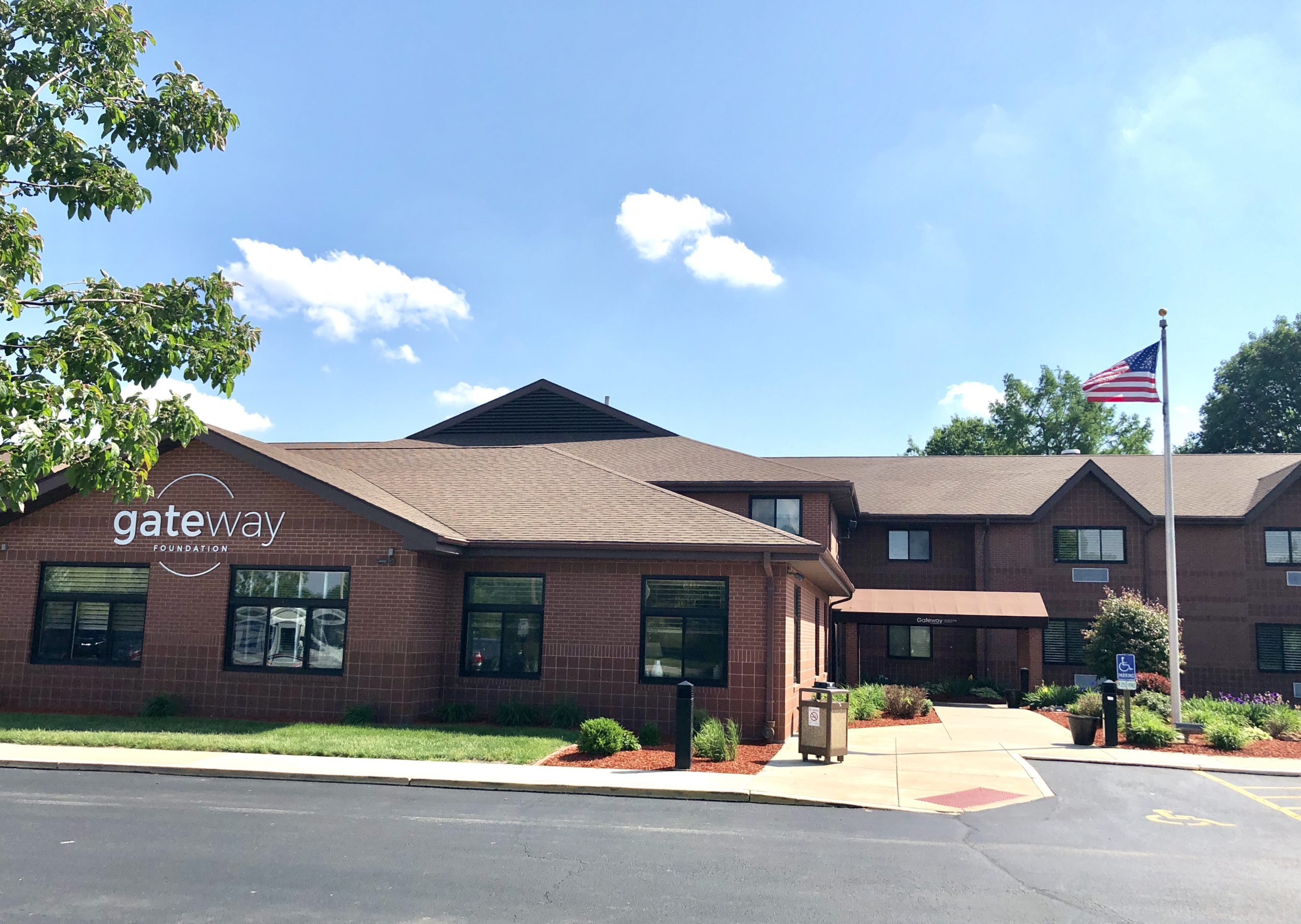Efficient Methods: Examining the Suitable Addiction Treatment Center
Efficient Methods: Examining the Suitable Addiction Treatment Center
Blog Article
Navigating the Journey of Cleansing in the Comprehensive Dependency Treatment Program
Beginning on the course of detoxification within the structure of a thorough addiction therapy program is a critical stage in the journey towards recovery. The process of cleansing holds a substantial duty in damaging the physical dependancy on materials and preparing the person for the succeeding phases of therapy. Navigating through detoxing is not just an issue of physical cleaning; it entails a complex interplay of mental, emotional, and social variables that call for careful consideration and assistance. As people face the obstacles of withdrawal signs and symptoms and the unpredictabilities that lie in advance, having an organized plan and a robust assistance system in position becomes extremely important. In this conversation, we will discover the diverse aspects of detoxing within the thorough dependency treatment program and clarified the vital components that form this transformative trip in the direction of recovery.
Value of Cleansing in Recuperation

Cleansing sets the foundation for the remainder of the addiction treatment program by preparing the individual for further therapy and counseling. By cleansing the body important that have been clouding judgment and impacting habits, detox allows individuals to approach their recuperation with a clearer mind and stronger focus.
Moreover, detoxification helps in managing the potentially severe withdrawal symptoms that may emerge when medicine or alcohol use is quit. Clinical experts closely monitor patients throughout detox to ensure their security and offer required support. With this procedure, individuals can start their journey towards soberness with a maintained physical and psychological state, boosting the probability of a successful recovery.
Understanding the Detoxification Refine
Detoxing, a basic part of dependency treatment programs, involves an organized procedure focused on safely getting rid of dangerous substances from the body to facilitate an effective recuperation trip. The detox procedure commonly begins with an examination to evaluate the person's compound usage history, physical health, and psychological well-being. This analysis aids health care specialists determine one of the most suitable detoxification plan customized to the individual's demands.
During detoxification, the body goes with withdrawal as it adjusts to the absence of the material. Withdrawal signs vary relying on the sort of substance made use of, the duration of use, and specific elements. Medical guidance during detox is important to take care of withdrawal symptoms and guarantee the individual's security and convenience.

Taking Care Of Withdrawal Symptoms

Medicines might be used to ease specific withdrawal signs and lower discomfort. As an example, medications like methadone or buprenorphine can assist take care of opioid withdrawal symptoms, while benzodiazepines may be utilized for alcohol withdrawal. It is necessary for healthcare providers to thoroughly check the person's reaction to these medicines to guarantee their safety and performance.
Along with medicinal treatments, supportive therapies such as therapy, peer support system, and all natural practices like mindfulness meditation find or yoga exercise can aid individuals handle the psychological and mental obstacles of withdrawal. By dealing with withdrawal signs and symptoms comprehensively, doctor can boost the detoxification experience and support people on their journey to recuperation.

Assistance Systems During Detoxification
Support systems play a vital function in providing social and psychological assistance to people undertaking cleansing in dependency treatment programs. During the detox procedure, individuals usually experience a variety of physical and emotional withdrawal symptoms, making this phase challenging - Addiction Treatment Center. Having a strong assistance system in position can significantly affect the person's capacity to navigate through detoxification successfully
Assistance teams provide a system for individuals to connect with others that are going through comparable experiences, providing a sense of neighborhood and shared understanding. Healthcare professionals, consisting of counselors, medical professionals, and specialists, play a crucial function in keeping track of the individual's development, offering clinical assistance, and supplying advice throughout the detox process.
Looking Ahead: Life After Detoxification
Having efficiently completed the detoxing phase, people in dependency treatment programs now concentrate on preparing for the difficulties and chances that lie in advance in their trip in the direction of recovery. Life after detox marks a critical transition period where individuals have to remain to improve the development made throughout detox to preserve their soberness. It is crucial for individuals to recognize that the journey in the direction of recuperation is recurring and calls for dedication, commitment, and a readiness to welcome change.
One key aspect of life after detox is the growth of dealing devices to manage triggers and desires that may emerge. This may involve learning new skills, such as mindfulness methods, cognitive-behavioral methods, and stress and anxiety administration approaches, to navigate challenging scenarios without considering compound use. Additionally, Get More Info individuals are urged to actively involve in continuous therapy, support system, and aftercare programs to reinforce their support network and receive assistance as they navigate the intricacies of life post-detox.
Final Thought
Understanding the detox procedure and managing withdrawal signs and symptoms are important actions towards healing. It is vital to acknowledge the value of detoxification in the procedure of overcoming addiction and moving towards a life of sobriety.
Clinical supervision during detoxification is essential to take care of withdrawal symptoms and guarantee the person's safety and security and comfort.
By comprehending the detoxification procedure and its importance in breaking the cycle of addiction, individuals can begin on a course towards lasting recovery.
During the detox process, individuals commonly experience a range of psychological and physical withdrawal symptoms, making this phase difficult. Medical care specialists, including counselors, physicians, and specialists, play an essential role in monitoring the person's development, giving medical support, and using advice throughout the detoxification procedure.
Life after detoxification notes a critical transition period where individuals should proceed to construct on the progress made throughout detoxification blog here to preserve their sobriety.
Report this page